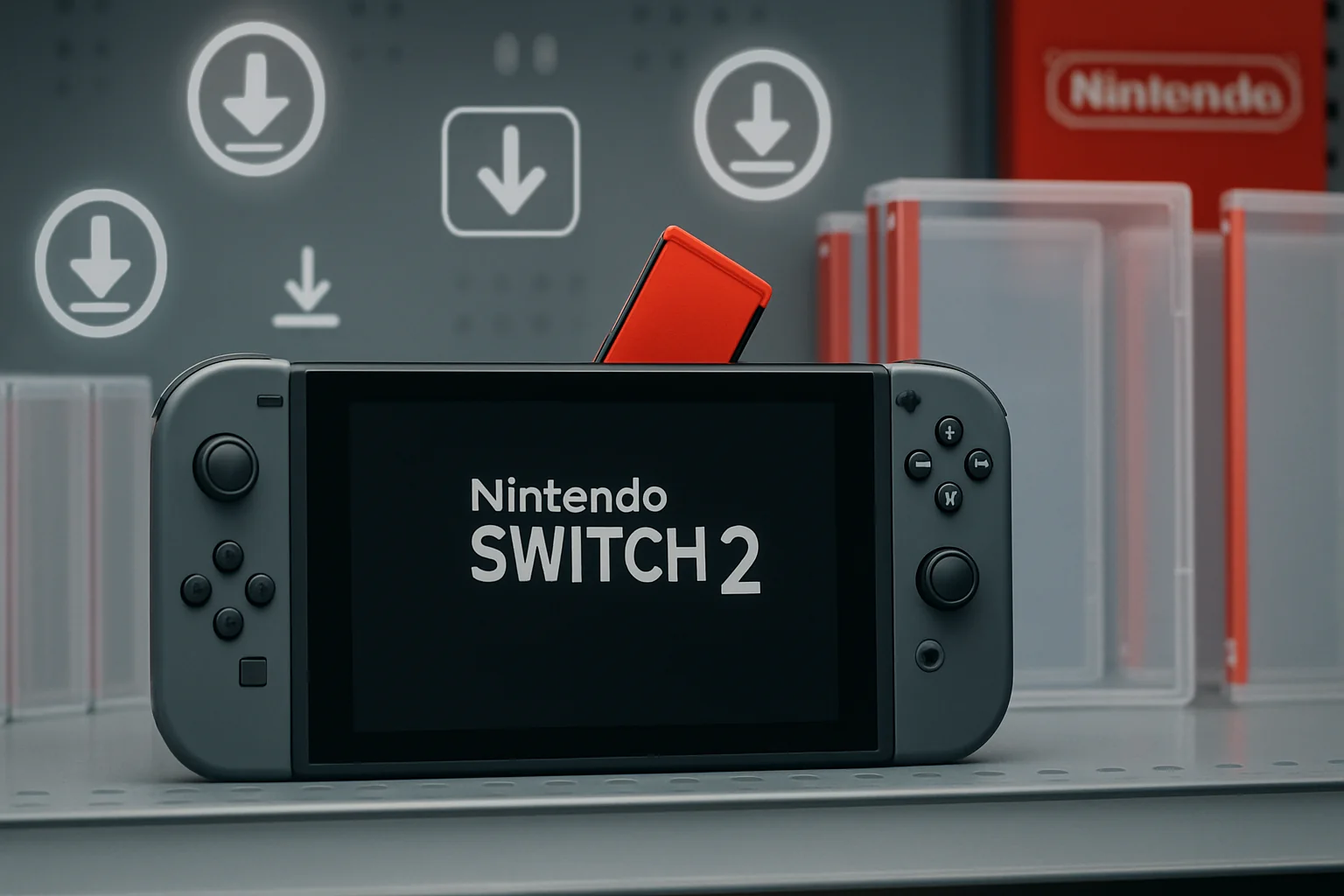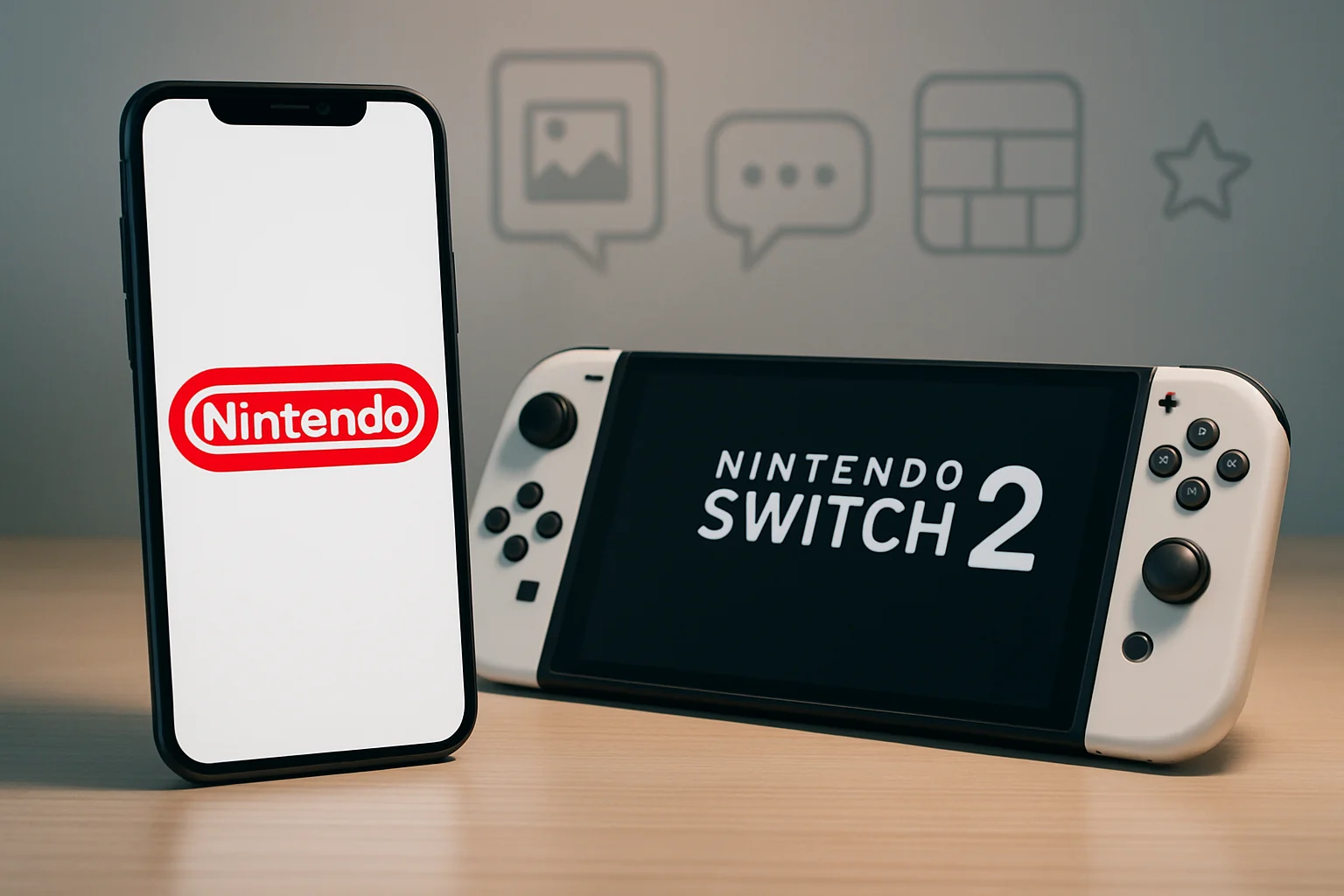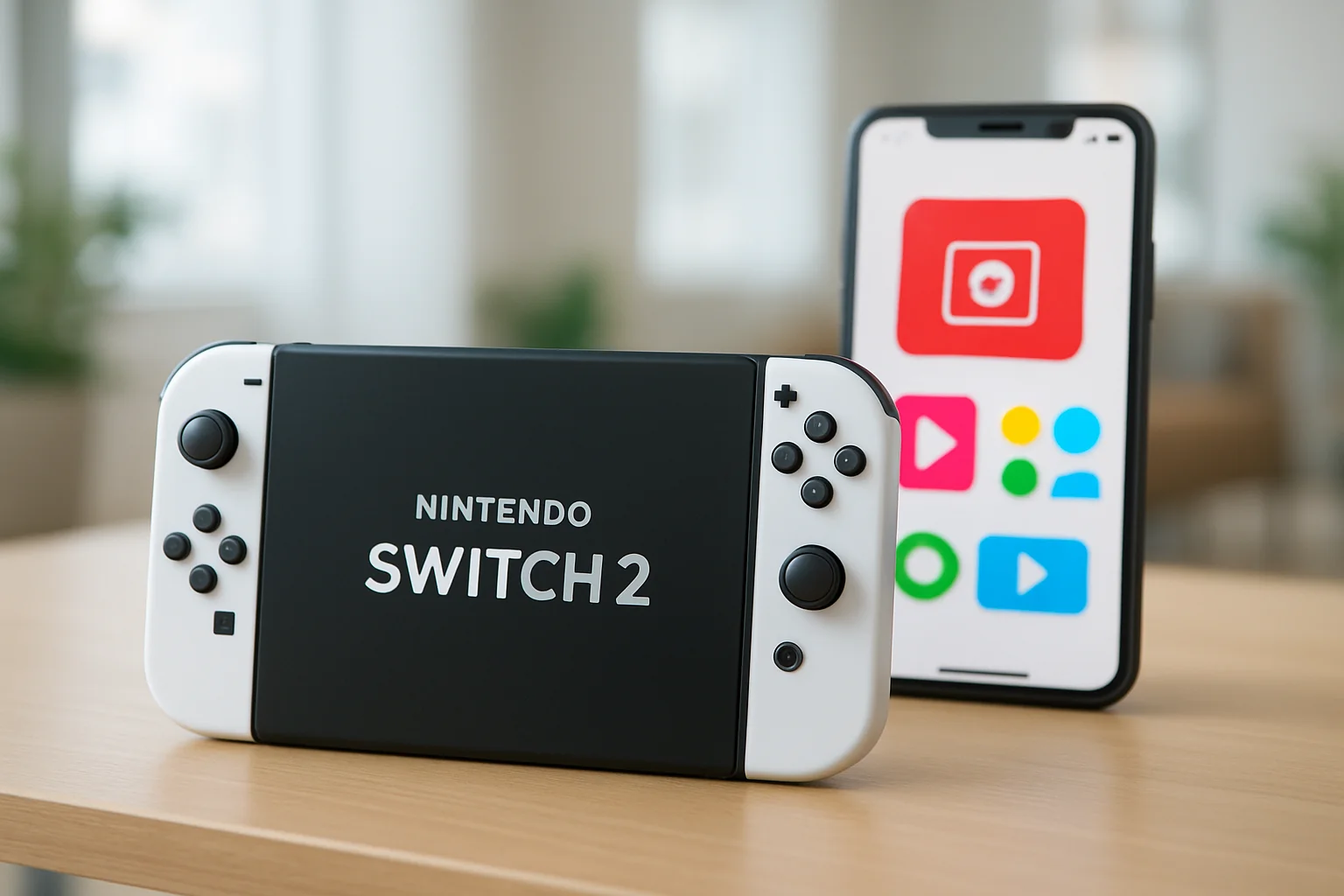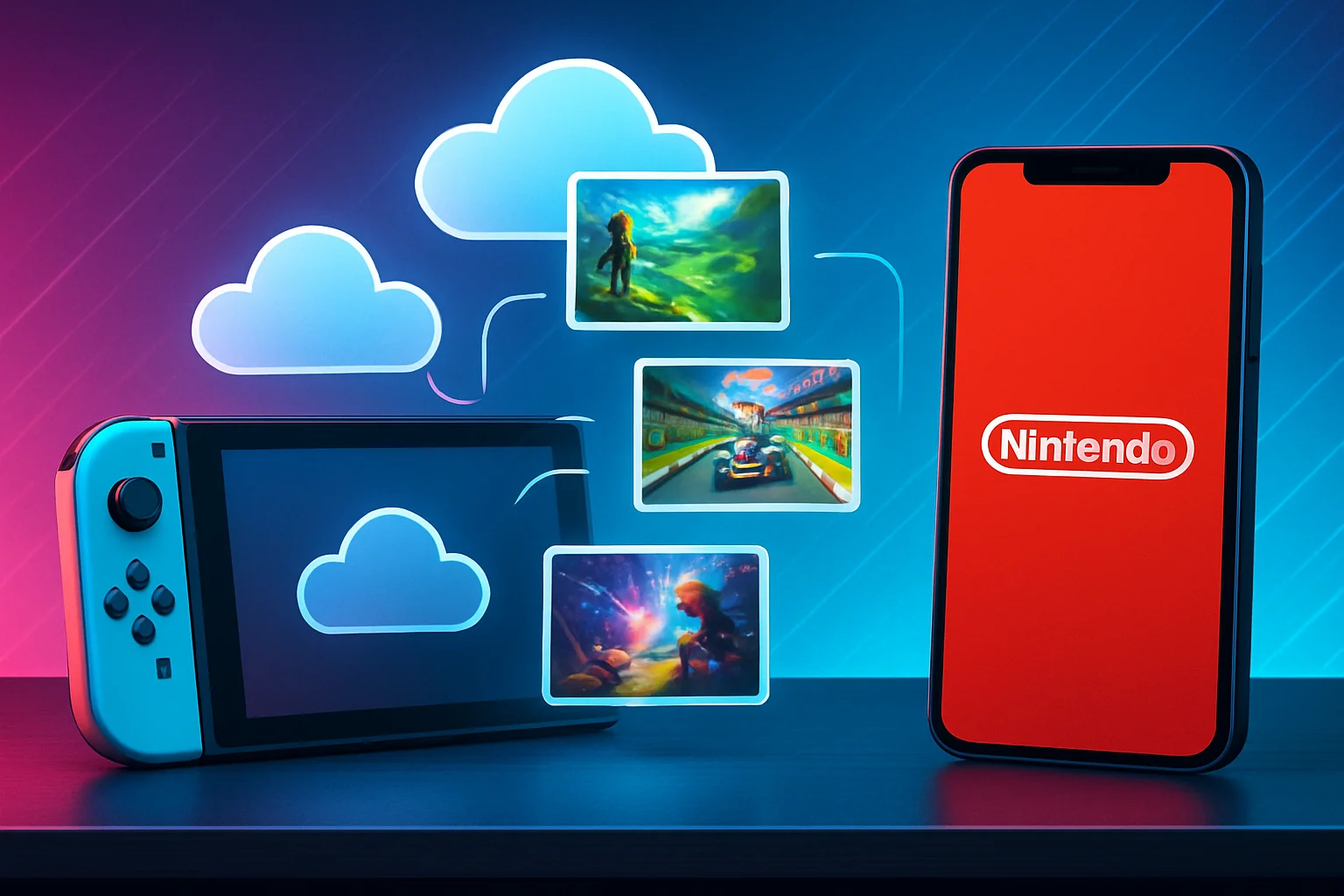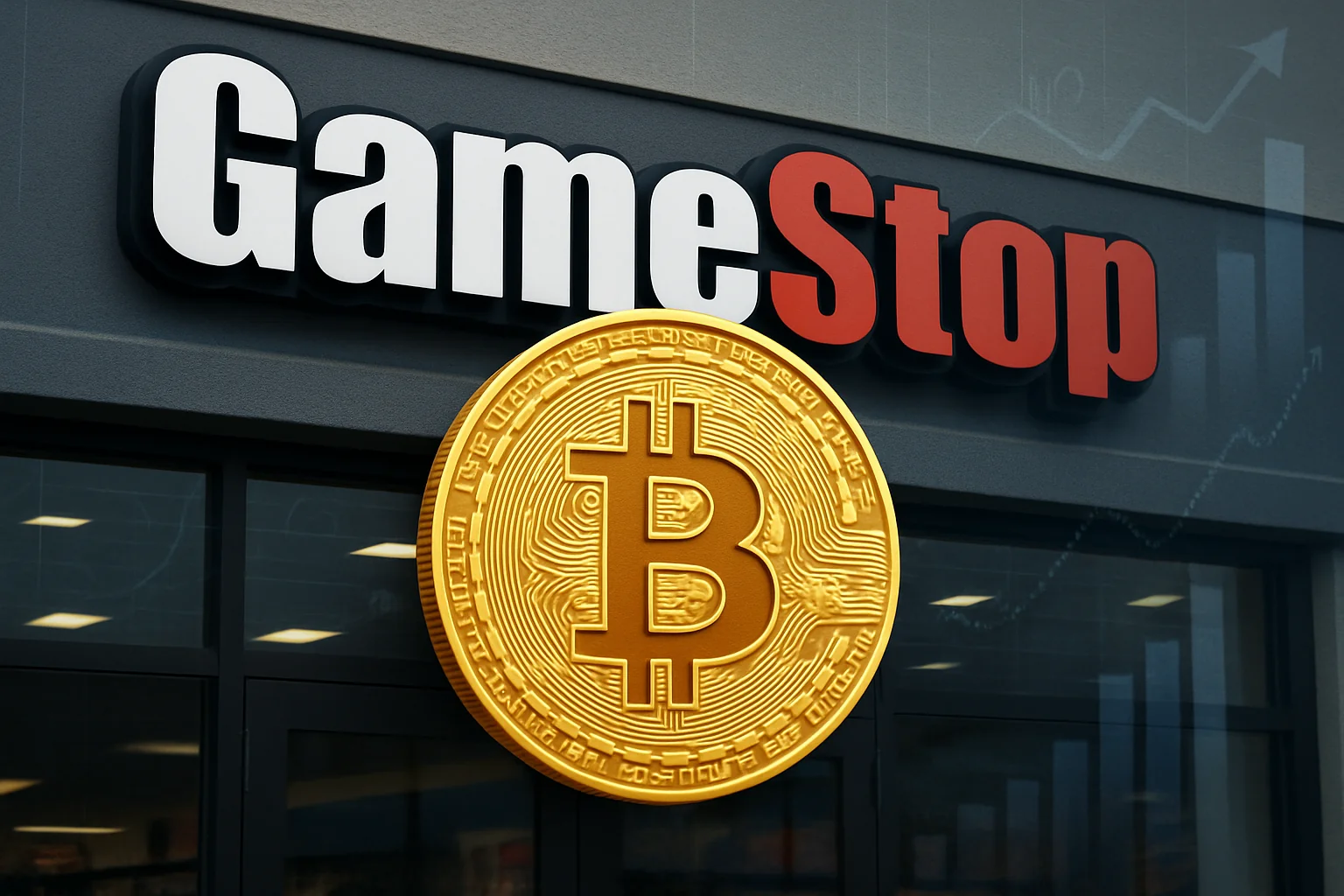With the upcoming release of the Nintendo Switch 2, one of the most significant changes is the introduction of new game cartridges. While the new carts are visually distinct—now red instead of the original Switch's slate gray—the real shift lies in their function: many will no longer contain the actual game data.
Game-Key Cards: A New Approach to Physical Media
For first-party Nintendo titles, physical cartridges will still include the game. However, third-party publishers may opt for 'game-key cards'—cartridges that act as physical licenses rather than storage devices. When inserted, these cards prompt users to download the game from the internet. Once downloaded, the game can be played offline as long as the card is present, serving as an authentication tool.
This move has sparked debate among fans and developers. Alex Hutchinson, former lead on Assassin's Creed and Far Cry, called the change "sort of lame," while Nightdive Studios CEO Stephen Kick described it as "a little disheartening." Despite Nintendo's intention to clearly label such products, the shift could confuse consumers. Yet, it may also foreshadow the future of the entire gaming industry.
Better Than 'Code in a Box'
Game-key cards offer a tangible improvement over the current 'code in a box' model, where buyers receive an empty case with a single-use download code. These releases provide little value to collectors and generate unnecessary waste. In contrast, game-key cards allow collectors to display physical items on their shelves and enable users to lend, sell, or trade games, as the cartridge itself is the key to accessing the software.
However, there is a trade-off: players must have the card inserted to play, unlike fully digital purchases. Still, this method is more versatile and consumer-friendly than one-time codes. The first wave of Switch 2 titles will test which format players prefer, with some publishers, like EA with Split Fiction, sticking to the old model.
Concerns About Longevity and Preservation
Collectors may worry about the long-term viability of game-key cards. While classic NES cartridges can still be played decades later, the ability to download games tied to these new cards depends on the continued operation of Nintendo's servers. If servers are shut down, the cards could become useless. However, Nintendo has a history of supporting digital downloads for retired hardware, and the Switch 2's backward compatibility may help alleviate immediate concerns.
Game-key cards exist in a gray area, not tied to specific hardware or user accounts. This could present challenges in the distant future, but for now, Nintendo's track record suggests ongoing support for digital access.
Why Not Include the Game on the Cart?
The decision to use game-key cards is driven by practical concerns. Proprietary Switch cartridges are expensive to produce, especially as game sizes grow. By offering a physical license instead of storing the game data, publishers can reduce costs, even if consumers don't directly benefit from these savings.
Storage Limits and the Future of Physical Media
Switch 2 cartridges can hold up to 64 GB—double the original Switch's capacity but still small compared to modern game sizes. Some developers, like CD Projekt Red with Cyberpunk 2077: Ultimate Edition, have managed to fit large games onto cartridges through extreme compression. However, many new titles exceed these limits, requiring downloads regardless of the physical medium.
This trend isn't unique to Nintendo. Recent PlayStation releases, such as Indiana Jones and the Great Circle and Doom: The Dark Ages, also require substantial downloads, even when a disc is included. With frequent updates and DLC, physical media rarely contains the complete game anymore, raising questions for preservationists about which version is worth saving.
The Decline of Physical Game Sales
Physical game sales have plummeted in recent years. In the US, spending on physical games has halved since 2021 and is down 85% from its 2008 peak. In the UK, physical sales accounted for just 4% of total spending in 2024, a 34% year-on-year drop. Even collector's editions are moving away from including physical copies, as seen with Sony's upcoming Ghost of Yōtei, which offers only a download code despite its premium price.
These shifts raise important questions about game preservation and long-term access, but they reflect broader industry trends. Nintendo's game-key cards may represent the final chapter for physical gaming media—even if they no longer contain the games themselves.
